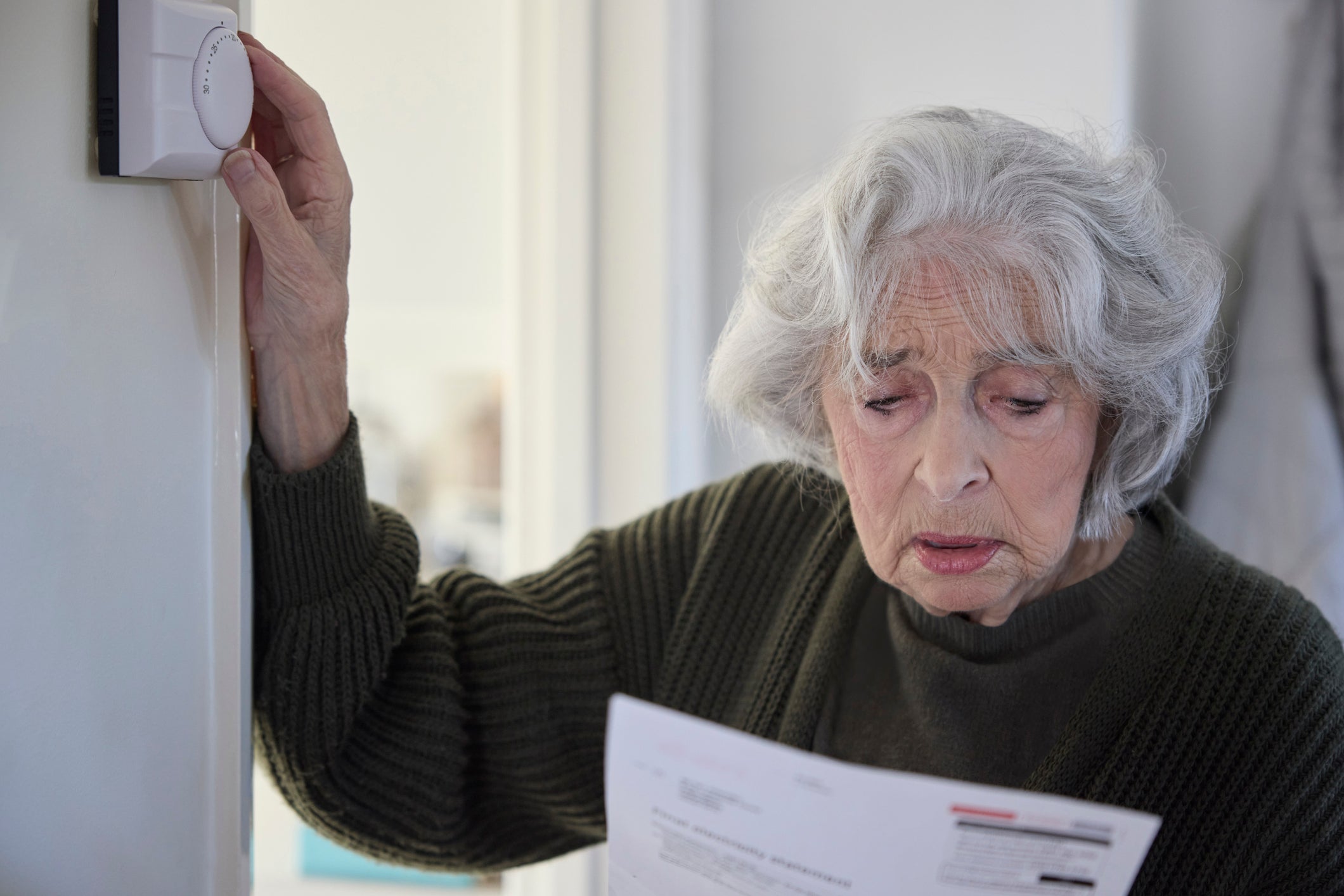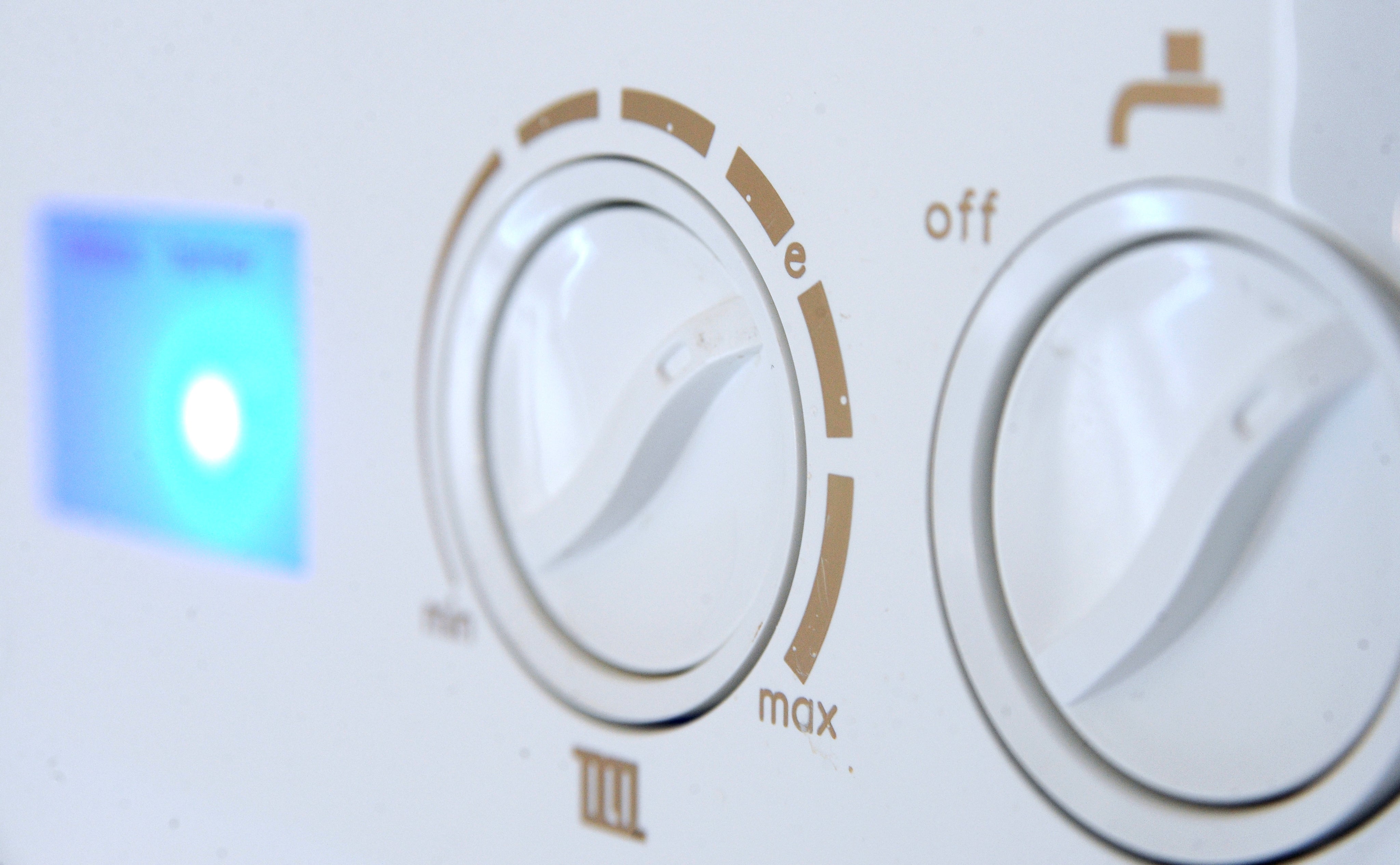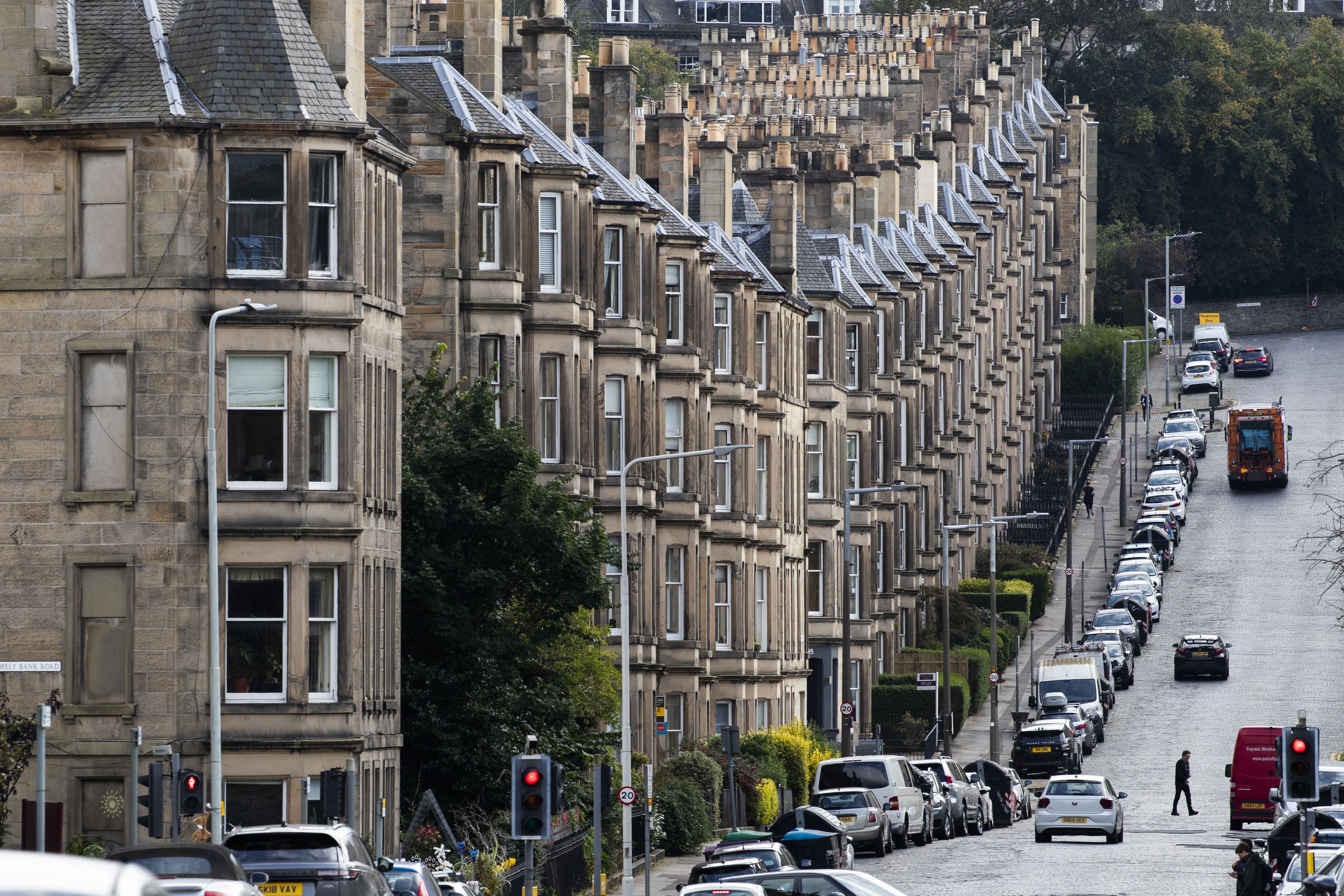Electric wallpaper trialled as alternative to central heating
The project was funded by Scotland Beyond Net Zero

Your support helps us to tell the story
From reproductive rights to climate change to Big Tech, The Independent is on the ground when the story is developing. Whether it's investigating the financials of Elon Musk's pro-Trump PAC or producing our latest documentary, 'The A Word', which shines a light on the American women fighting for reproductive rights, we know how important it is to parse out the facts from the messaging.
At such a critical moment in US history, we need reporters on the ground. Your donation allows us to keep sending journalists to speak to both sides of the story.
The Independent is trusted by Americans across the entire political spectrum. And unlike many other quality news outlets, we choose not to lock Americans out of our reporting and analysis with paywalls. We believe quality journalism should be available to everyone, paid for by those who can afford it.
Your support makes all the difference.Electric wallpaper is being trialled as an alternative to central heating in social housing properties.
Electric wallpaper is being trialled in 12 tenement properties in Glasgow owned and managed by West of Scotland Housing Association, to assess its effectiveness as a “clean” heat source.
Tenants have reported “excellent” feedback in the months since it was installed.
Scottish homes are among the oldest and worst insulated in Europe, with about 70,000 tenement flats in Glasgow alone, and heating accounts for more than 36% of total carbon emissions in the UK.
The average home loses heat three times faster than in many European countries.
Electric wallpaper, which is applied to the ceiling and is painted over, is hoped to become a “viable” replacement for central heating – which began this year, however, data on energy consumption has yet to be collated.
A project led by academics working with the West of Scotland Housing Association and Glasgow City Council – with recent funding from Scotland Beyond Net Zero – is being tipped as a potential “eco-friendly replacement” for gas.

Dr Ahmad Taha, from the University of Glasgow, and Dr Alejandro Moreno-Rangel, from the University of Strathclyde, are working with technology including the internet of things and AI-enabled data analytics to collect information on efficiency, comfort, and tenants’ feedback.
Funded by Scotland Beyond Net Zero – a coalition of leading climate and sustainability experts from Scotland’s universities – the trial is one of eight new research collaborations aimed at the transition to net zero.
Andrew Kubski, director of development and asset management for West of Scotland Housing Association, said: “We have been trialling this technology for a few months now and have had excellent feedback from our tenants where this has been installed.
“We are delighted to have the opportunity to work with both the University of Glasgow and University of Strathclyde to bring a thorough academic lens to the effectiveness of the electric wallpaper.”

Councillor Ruairi Kelly, convener for neighbourhood services and assets at Glasgow City Council, added: “Glasgow has around 70,000 tenement flats, so finding new solutions to more efficiently heating them is vital to reaching a net-zero future.
“Innovative pilot projects such as this are vital when considering how best to help tackle the issues of energy costs and emissions in Glasgow’s homes.”
Professor Lisanne Gibson, vice-principal of research at the University of Dundee and chair of Scotland Beyond Net Zero’s seed fund committee, said: “Scotland’s ambitious net-zero targets demand a bold and integrated approach.
“These projects are a crucial step in our journey towards a more sustainable and equitable future, not just for Scotland, but globally.”